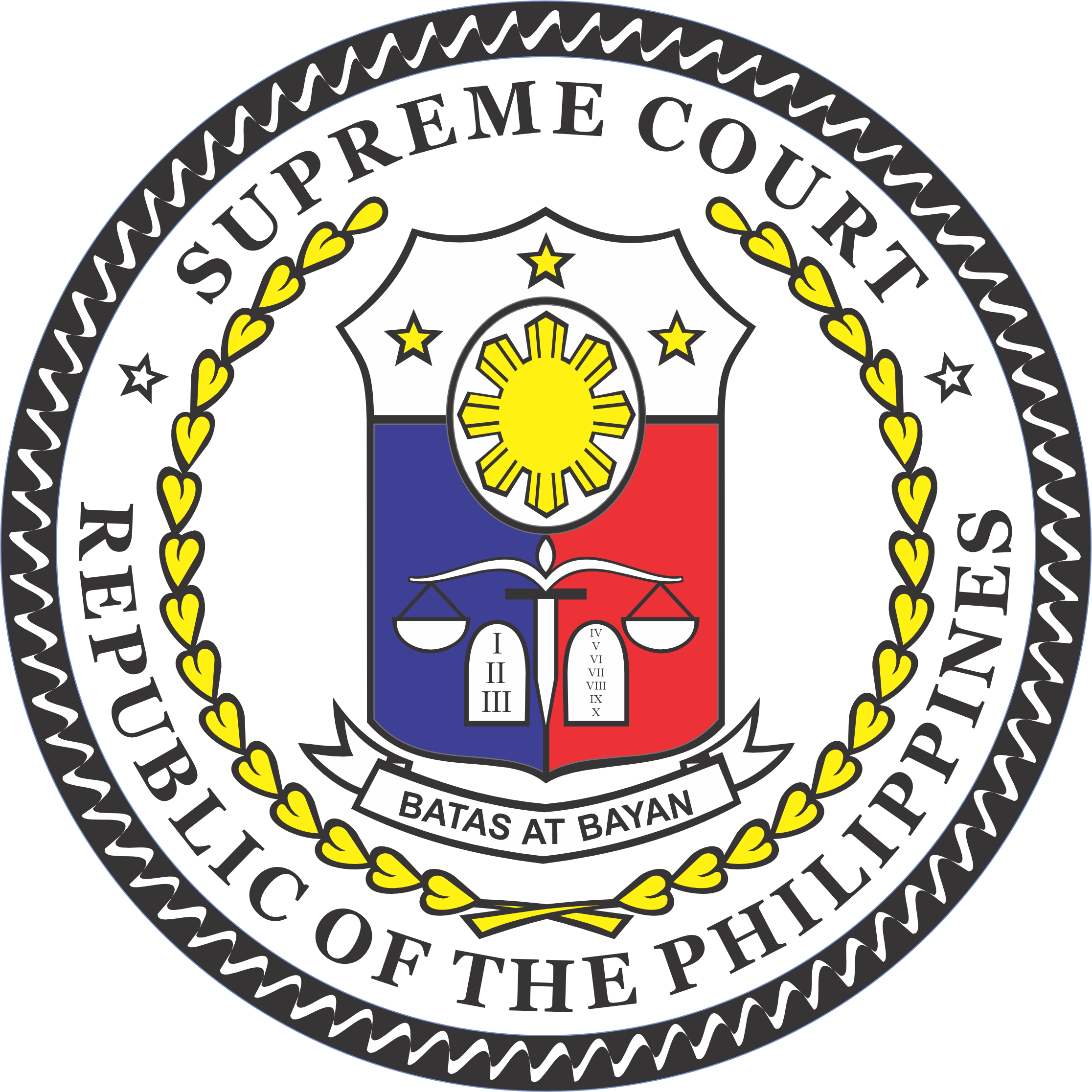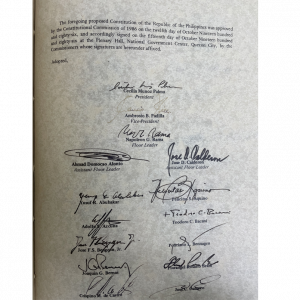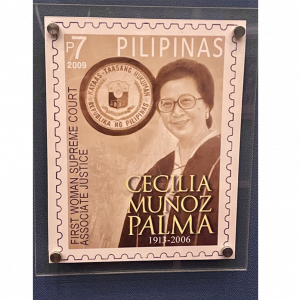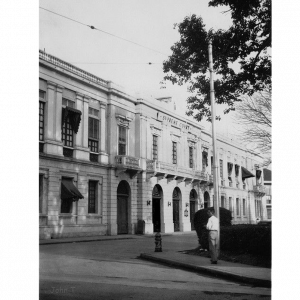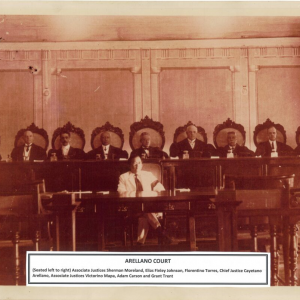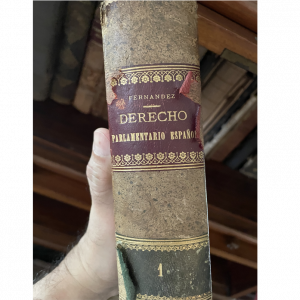SC Rules on CYMA Restaurant Trademark Row
October 20, 2023
In trademark applications, when an entity has prior use, creation, or registration of a trademark and the applicant has knowledge of said prior use, creation, or registration, the trademark application may not be registered due to bad faith, and should therefore be denied.
Thus said the Supreme Court in a Decision penned by Associate Justice Antonio T. Kho, Jr., as it has rejected a trademark application for the mark used by the Greek restaurant “Cyma” filed by Manuel T. Zulueta, who claimed to have conceptualized the restaurant.
The Court denied Zulueta’s petition for review on certiorari challenging the decision and resolution of the Court of Appeals (CA) which affirmed the January 9, 2012 Decision of the Intellectual Property Office – Office of the Director General (IPOPHL-ODG) upholding the December 19, 2008 Decision of the IPOPHL – Bureau of Legal Affairs (IPOPHL-BLA). The IPOPHL-BLA rejected Zulueta’s application for registration of Trademark Application No. 4-2006-010623 for the mark “CYMA & LOGO” under Class 43 of the International Classification Foods and Services for the Purposes of the Registration of Marks (Nice Classification).
Zulueta claimed that he invited Raoul Roberto P. Goco to help put together the menu for the first Cyma restaurant in Boracay, which was launched on December 28, 2005. Zulueta and Goco formed a partnership called “Cyma Greek Taverna Company” (respondent Cyma Partnership) to formalize the arrangements, which was registered as a partnership with the Securities and Exchange Commission (SEC) in 2006. Zulueta and Goco thereafter decided to open a Cyma branch in EDSA Shangri-la Plaza Mall, for which purpose they formed and duly registered with the SEC “Cyma Greek Taverna Shangri-La Corporation.”
On September 25, 2006, Zulueta filed, in his own name, Trademark Application No. 4-2006-010623 for the mark “CYMA & LOGO,” claiming that he had done so as he was certain that the said mark was his own creation.
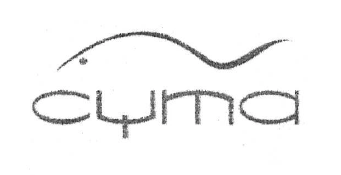
In November 2006, Zulueta claimed that while he was abroad, Goco, along with his sister, Maria Anna Eugenia P. Goco, issued an allegedly fraudulent Deed of Assignment where Zulueta supposedly assigned all his interests in Cyma Partnership to Goco’s sister.
On March 13, 2007, Cyma Partnership filed its own trademark application for the mark “CYMA GREEK TAVERNA AND LOGO” with Trademark Application No. 4-2007-002633, also under Class 43 of the Nice Classification.
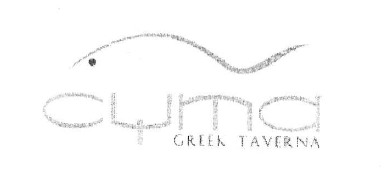
Zulueta’s Trademark Application No. 4-2006-010623 was published for opposition by the IPOPHL, after which Cyma Partnership filed a Verified Notice of Opposition claiming that Zulueta falsely represented himself to have been the originator of the trademark when the truth was that it had been copied from Cyma Partnership’s trademark which Goco created while he was vacationing in Greece. The Opposition also averred that Cyma Partnership was the first to use the Cyma trademark as the same had been used on a test kitchen restaurant in Boracay in December 2005 by Goco, Cyma Partnership’s director, founder, and executive chef. Meanwhile, the IPOPHIL approved Cyma Partnership’s Trademark Application and accordingly given Registration No. 2633.
As for Zulueta’s application, it was rejected by the IPOPHL-BLA, ruling that the registration in favor of Cyma Partnership is prima facie evidence of exclusive ownership over the same. On appeal, the IPOPHL-ODG affirmed the IPOPHL-BLA, finding that Cyma Partnership was able to present substantial evidence to prove ownership over the subject trademark and that it was the first to have bona fide used the Cyma mark, which predates Zulueta’s trademark application over the said mark. The CA affirmed the ruling of the IPOPHL-ODG.
In denying Zulueta’s petition, the Supreme Court highlighted that the Intellectual Property Code of the Philippines (IPC) defines “mark” as “any visible sign capable of distinguishing the goods (trademark) or services (service mark) of an enterprise.” Stressing that trademarks deal with the psychological function of symbols and the effects that they have on the public, the Court said: “Thus, the protection of trademarks as intellectual property is intended not only to preserve the goodwill and reputation of the business established on the goods or services bearing the mark through actual use over a period of time, but also to safeguard the public as consumers against confusion on these goods or services.”
The Court held that the general rule is that ownership of a mark is acquired through registrations made in accordance with the IPC. “Under the first-to-file rule, ‘a registered mark or a mark with an earlier filing or priority date generally bars the future registration of…an identical or a confusingly similar mark, in respect of the same of loosely-related goods or services, if the resemblance will likely deceive or cause confusion.’”
The Court, however, said that the first-to-file rule should not be taken to mean that in all cases, the first application to be filed should be the application that is granted.
“Registrations resulting from trademark applications which are tainted with bad faith or fraud are void ab initio; thus, it follows that such trademark applications are inherently unregistrable and do not confer any priority rights on the part of the applicant,” stressed the Court. Where in the course of a trademark application, it is found that: “(i) an entity has prior use, creation and/or registration of a trademark; and (ii) the applicant has knowledge of the said prior use, creation and/or registration—the trademark application in unregistrable due to the attendance of bad faith on the part of the applicant, and the same should be denied.”
Applying the same to Zulueta’s petition, the Court said that the findings of the IPOPHL show that Zulueta’s trademark application was done in bad faith. As a partner, Zulueta was aware of the prior use of the trademark by Cyma Partnership, and that it had been Goco who conceptualized the mark for the partnership.
The Court said that even if it were to believe that it was Zulueta and not Goco who had conceived the Cyma mark, “it is clear from Zulueta’s own narration that the mark had been conceived for the exclusive use of the partnership and its sister company, Cyma Greek Taverna Shangri-la Corporation.” Noting that Zulueta never used the Cyma trademark in his individual capacity, the Court added that despite the fact that it was Zulueta who was the first to file a trademark application, his knowledge of the prior use of the trademark by the Cyma Partnership meant that his trademark application was filed in bad faith.
“As a consequence, his trademark application cannot be granted and he did not obtain any priority rights under Section 123(d) of the IPC,” ruled the Court.
The Court found that Cyma Partnership, on the other hand, validly obtained a Certificate of Registration and ownership over the subject mark, which, under Section 139 of the IPC, shall be “prima facie evidence of the validity of the registration, the registrant’s ownership of the mark, and of the registrant’s exclusive right to use the same in connection with the goods or services and those that are related thereto specified in the certificate.” The Court considered this and Zulueta’s bad faith in filing Trademark Application No. 4-2006-010623 in ruling that the IPOPHL-BLA, IPOPHL-ODG, and the CA were correct in denying Zulueta’s trademark application. (Courtesy of the Supreme Court Public Information Office)
FULL TEXT of G.R. No. 205699, Manuel T. Zulueta v. Cyma Greek Taverna Co., January 23, 2023, at https://sc.judiciary.gov.ph/205699-manuel-t-zulueta-vs-cyma-greek-taverna-co/
